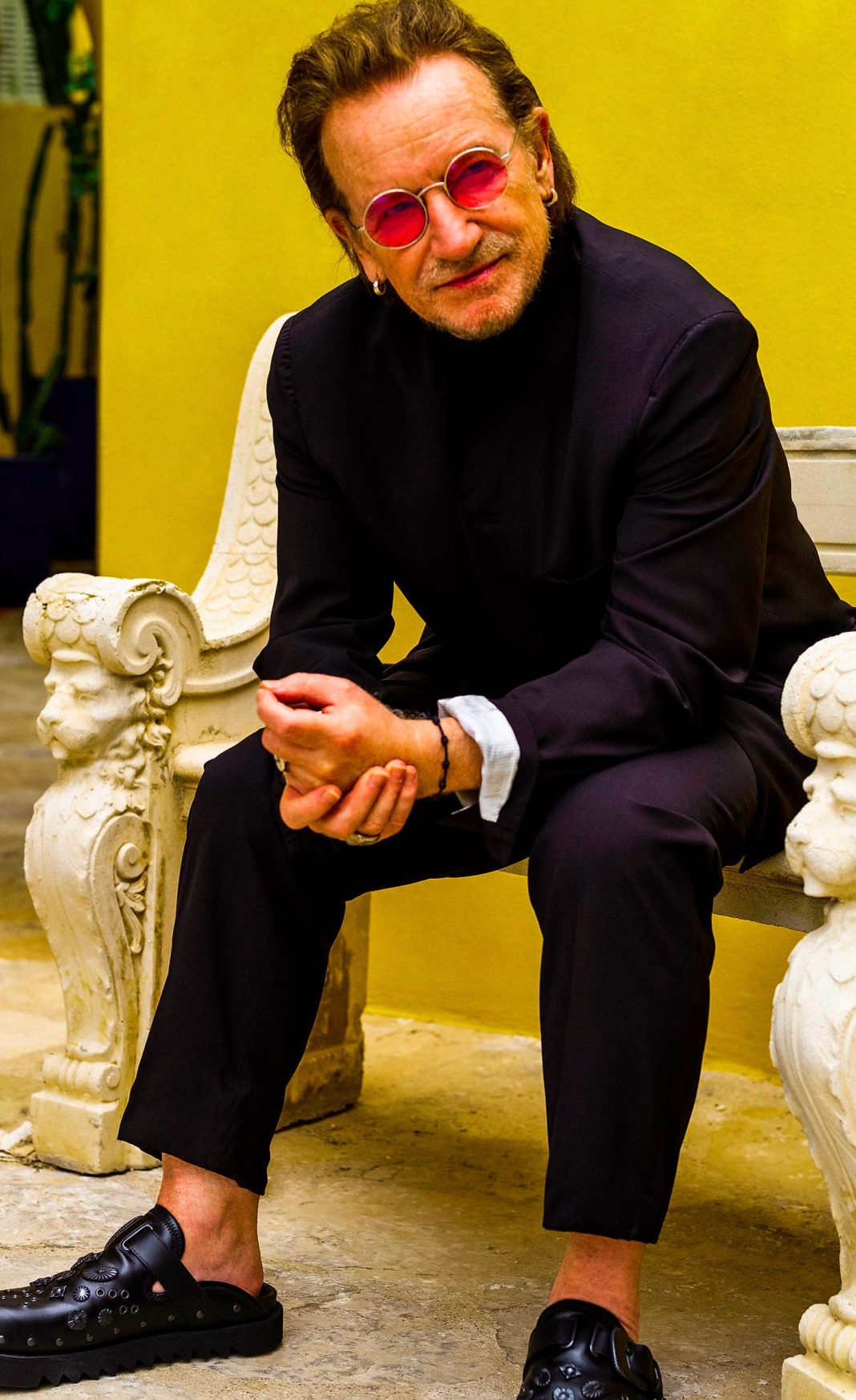Bono: A New Chapter Unfolds
During a recent visit to Bono’s South of France estate, a conversation unfolded, revealing the U2 frontman’s reflections on life, career, and family.
Near the end of our initial meeting, Bono casually mentioned W.B. Yeats’ nearby burial site. The Mediterranean Sea stretched out behind us, forming a picturesque backdrop to his expansive property. The tranquil ambiance, close to Monaco and Cannes, belied the vibrancy of his life. Bono is not the first Irish national to trade his homeland’s climate for the sun-drenched Côte d’Azur—but he is certainly doing it with unique panache.
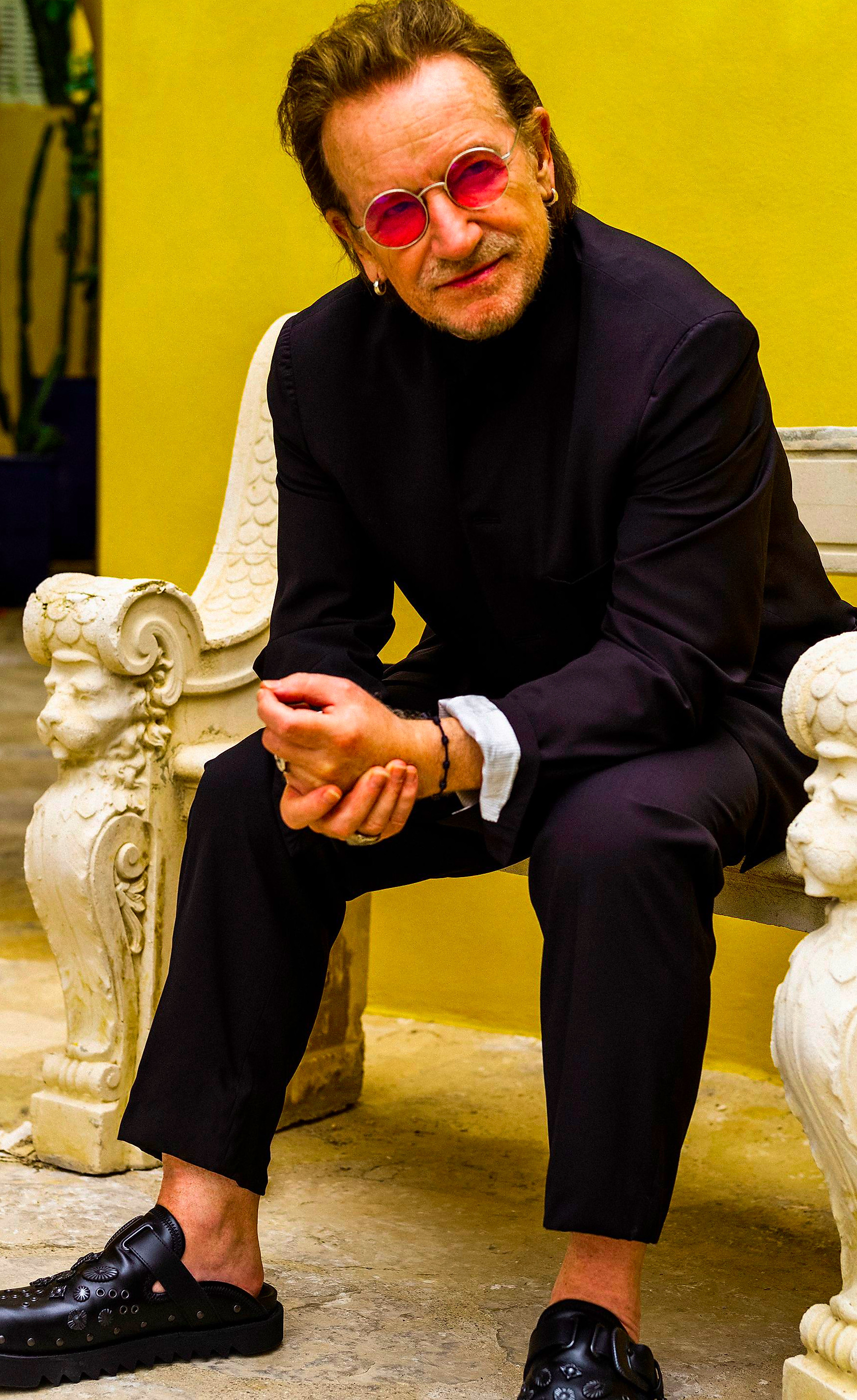
He shares this haven with his U2 bandmate, the Edge. They impulsively purchased the land years ago during a band vacation. The other members declined to join the venture, deeming it excessive maintenance. However, Bono and the Edge couldn’t resist the allure, having recently achieved immense success with the band.
Extensive renovations have transformed the property over the years to accommodate their growing families. Current construction activities suggest ongoing improvements for the coming summer. However, the retreat has been invaluable to Bono and his colleagues beyond material benefits.
Days later, during a conversation in the comfortable living room, Bono described the estate as having salvaged their musical careers. The expansive space featured large gray couches, floor-to-ceiling windows, a piano, and a substantial fireplace. Despite the luxurious surroundings, his style remained true to his Dublin roots—black jeans, a black V-neck shirt, and an army-green jacket.
The years preceding the purchase were exhilarating yet exhausting. Bono likened the band’s rise to “pushing a rock uphill.” The pressures of global stardom impacted them significantly, hindering their ability to enjoy their success. They were slow to accept the fruits of their labor.
Yet, this period of intense activity seems to have paved the way for some of the band’s greatest achievements. This includes the albums “All That You Can’t Leave Behind” and “How to Dismantle an Atomic Bomb.” The South of France provided Bono respite from the demanding nature of his career.
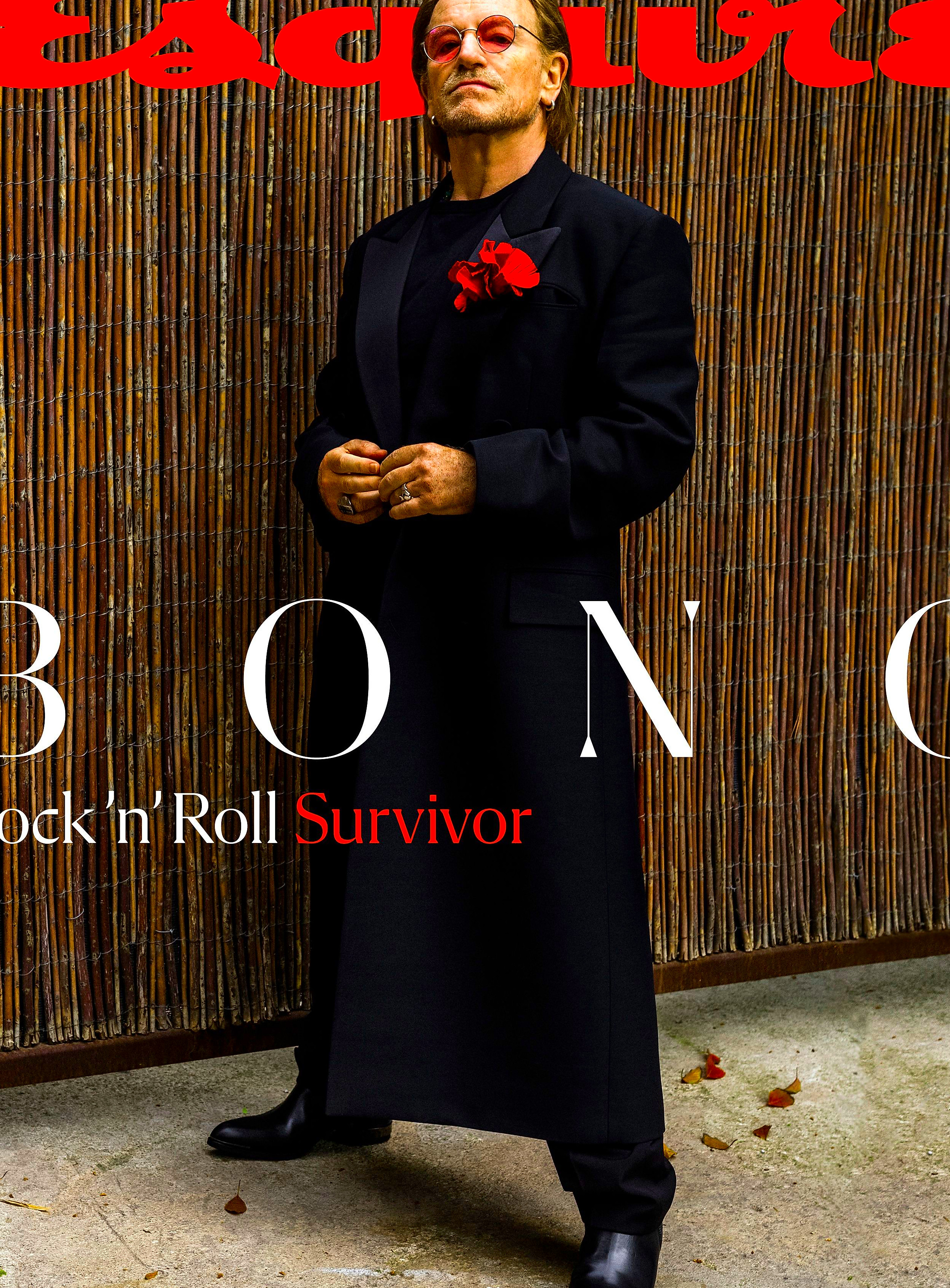
While not entirely anonymous, Bono values the French culture’s respect for privacy. The escape offered a sense of normalcy, allowing him to breathe.
After years of intense focus, he learned to appreciate a more relaxed lifestyle. He embraced leisurely meals, late nights, and quality time with family and friends.
Reflecting on his past, he admits to excessive indulgence. He recognized a need for balance between self-love and self-indulgence.
The family frequently visits, primarily during summer months. Bono enjoys these moments of togetherness. The Edge’s grandchildren, surprisingly, call him simply “Bono,” mirroring the casual familiarity he shares with his own family members.
However, significant portions of his time are spent working alone at the estate. This solitude fuels his creativity.
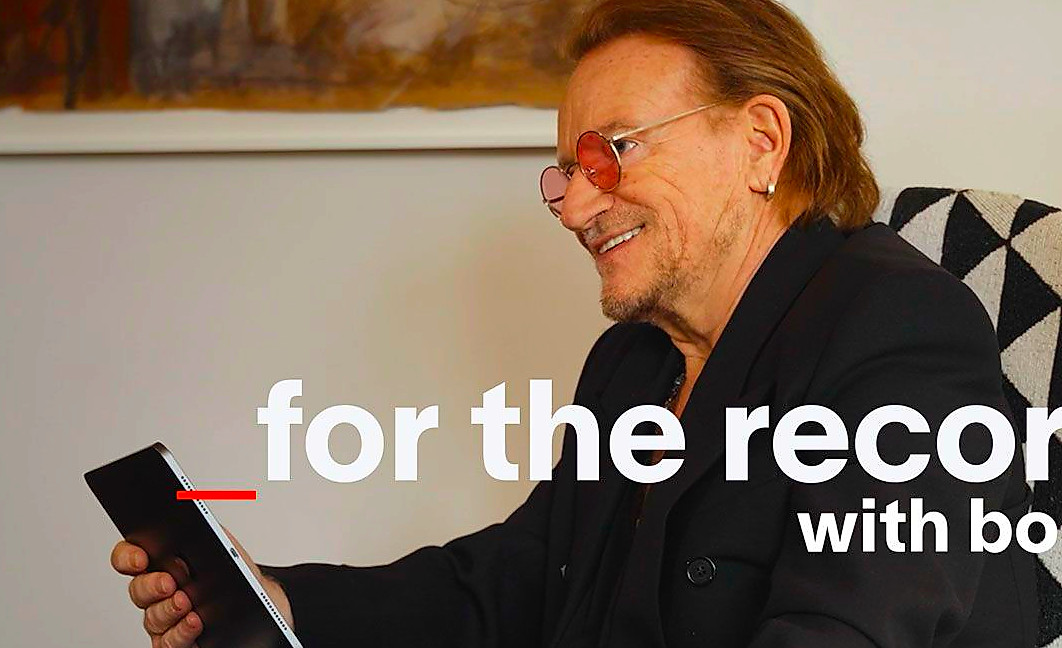
The subject of our meeting was his new film, “Bono: Stories of Surrender.” This film, an adaptation of his memoir, offers a personal and vulnerable exploration of his life. Though some may view it as a nostalgia-driven venture, it represents a period of personal growth and reflection.
The last few years marked a time of healing and self-discovery for Bono. He recovered from a serious health crisis and embraced a more balanced outlook on life. This included addressing personal demons and reevaluating his extensive philanthropic work. This introspection has yielded positive results.
However, his drive remains undiminished. U2 is actively working on new music, perhaps their first album in years. The energy and excitement surrounding this project are palpable.
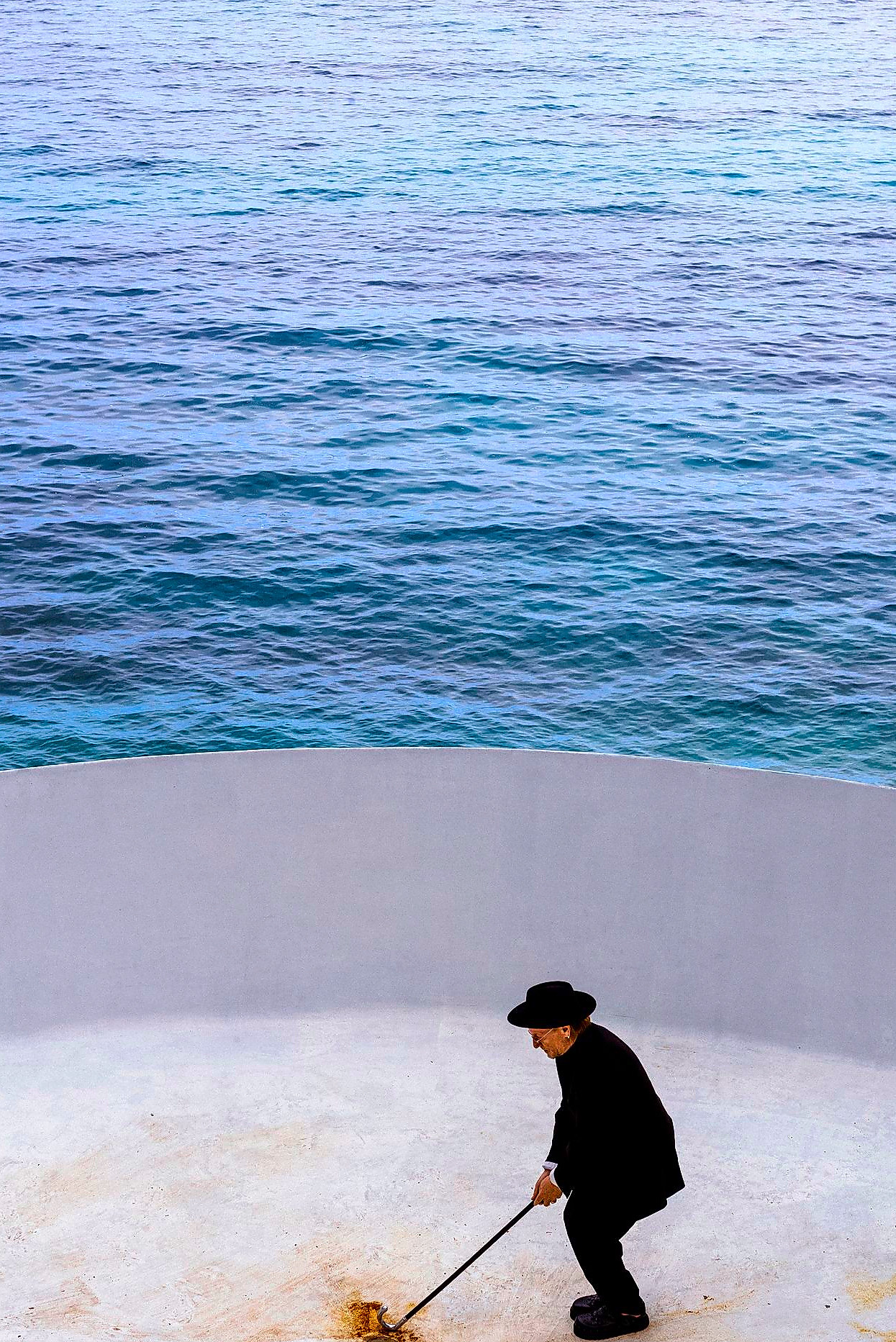
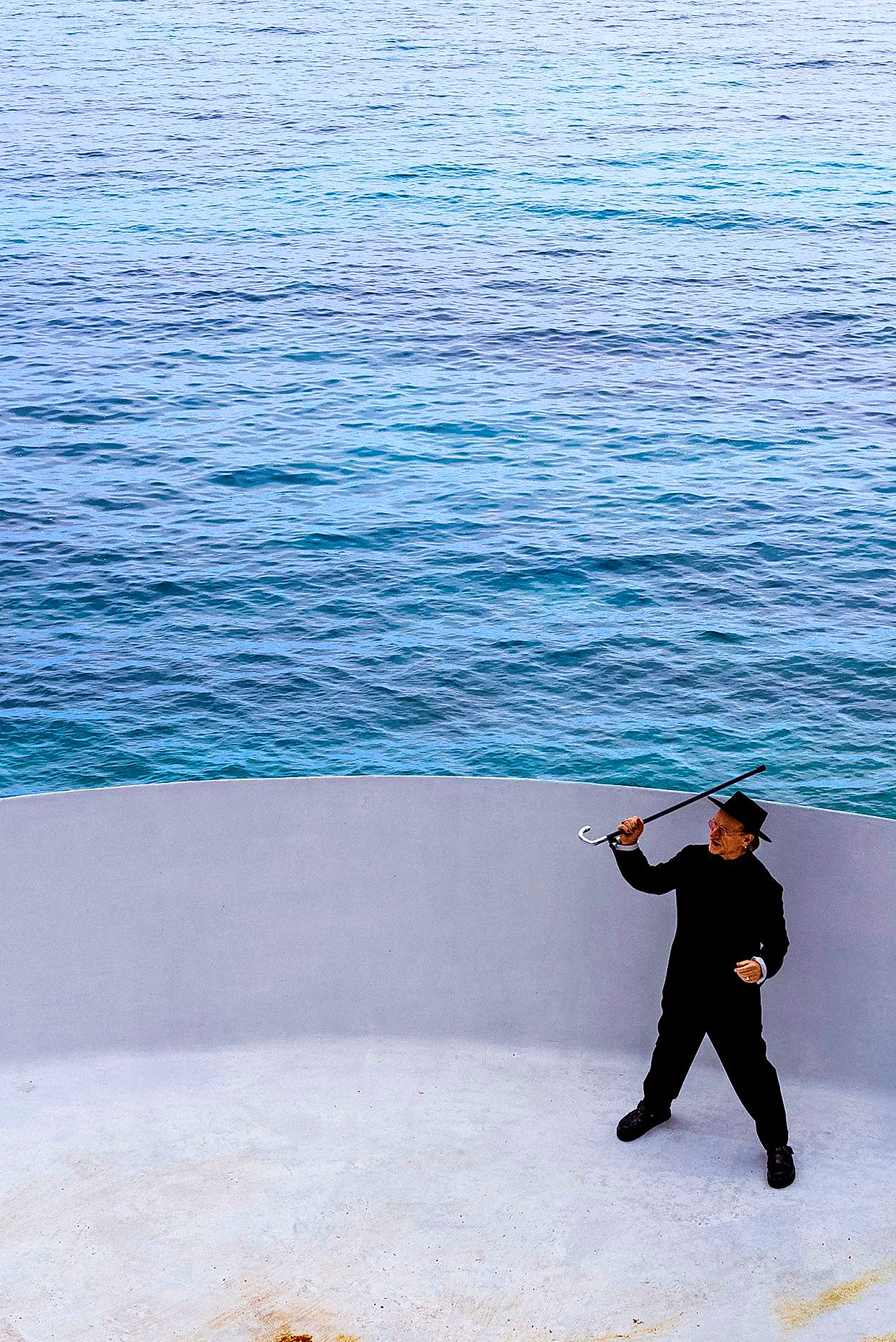
The film’s creation wasn’t initially planned. An opportunity arose to film his one-man stage show, and this morphed into a comprehensive multimedia project, including a standard screen version and an immersive experience for Apple’s Vision Pro. Director Andrew Dominik’s involvement intensified the project.
As a member of U2, Bono is accustomed to collaborative creative processes. However, Dominik challenged him in unexpected ways, prompting deeper exploration of personal trauma. This led to profound personal change and freedom from past resentments.
The film was not intended to be a documentary, but rather a raw and emotional portrayal. The intensity was evident in scenes where Bono played both himself and his father during his father’s final moments.
Bono acknowledges his apprehension regarding the film’s release, expressing both excitement and anxiety.
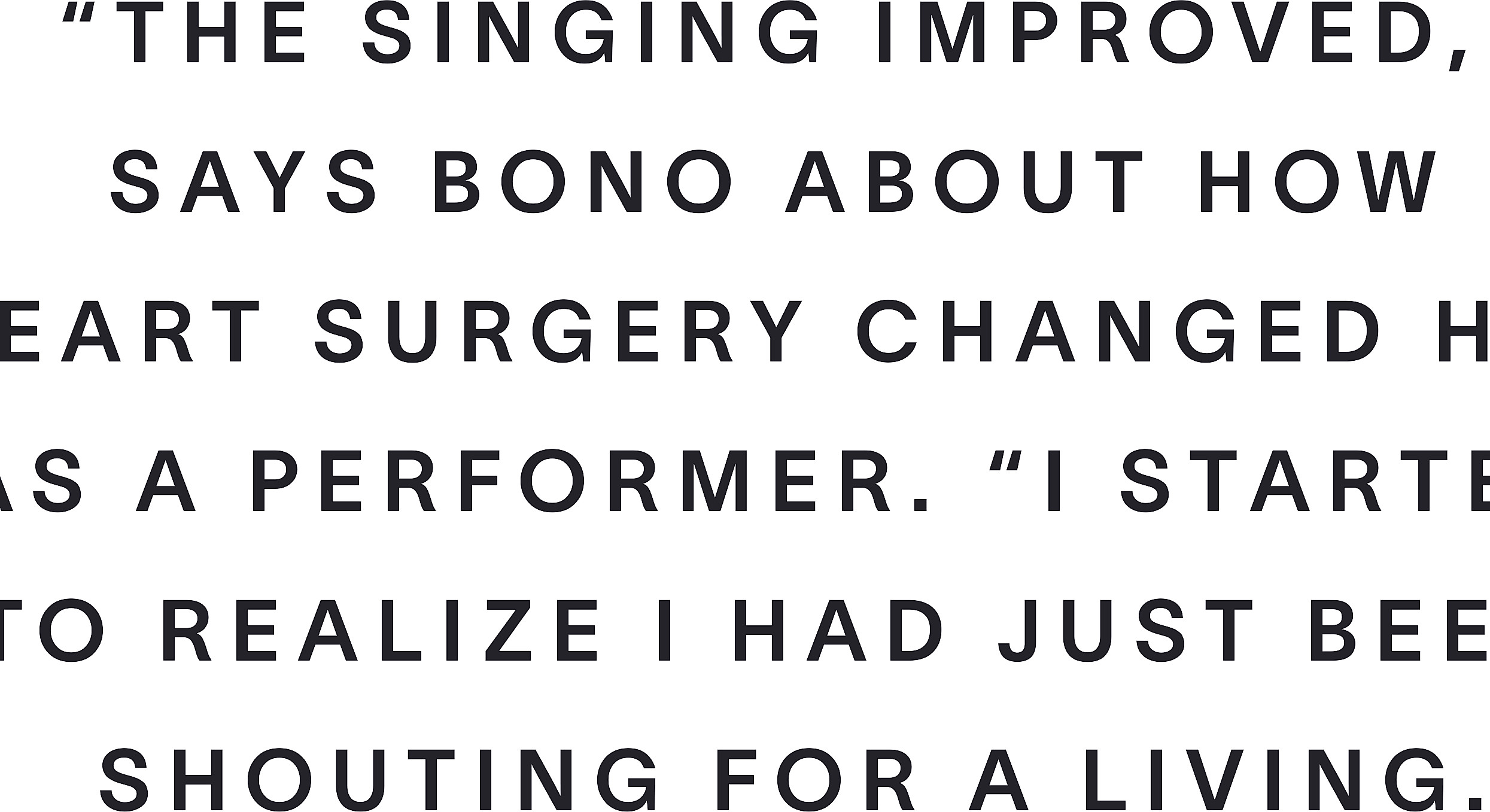
U2’s origin story is well-documented. In 1976, Larry Mullen Jr. posted a notice seeking bandmates, leading to the formation of the iconic group. Bono, then Paul Hewson, was dealing with the recent loss of his mother. This early loss profoundly impacted him.
Bono’s childhood friend, Gavin Friday, recalls Bono’s resilience in the face of adversity. His resourcefulness and charm helped him navigate the difficult period.
Bono’s relationship with his father was complex, characterized by a lack of attention and critical remarks. This fueled his ambition to achieve extraordinary success, surpassing his father’s expectations.
While he achieved considerable success, his father remained somewhat detached. His father’s ultimate lack of open approval highlighted a lack of emotional connection.
After his father’s death, Bono finally sought and received forgiveness. This marked a significant step in his healing journey. Writing his memoir and performing in his stage show were also cathartic experiences.
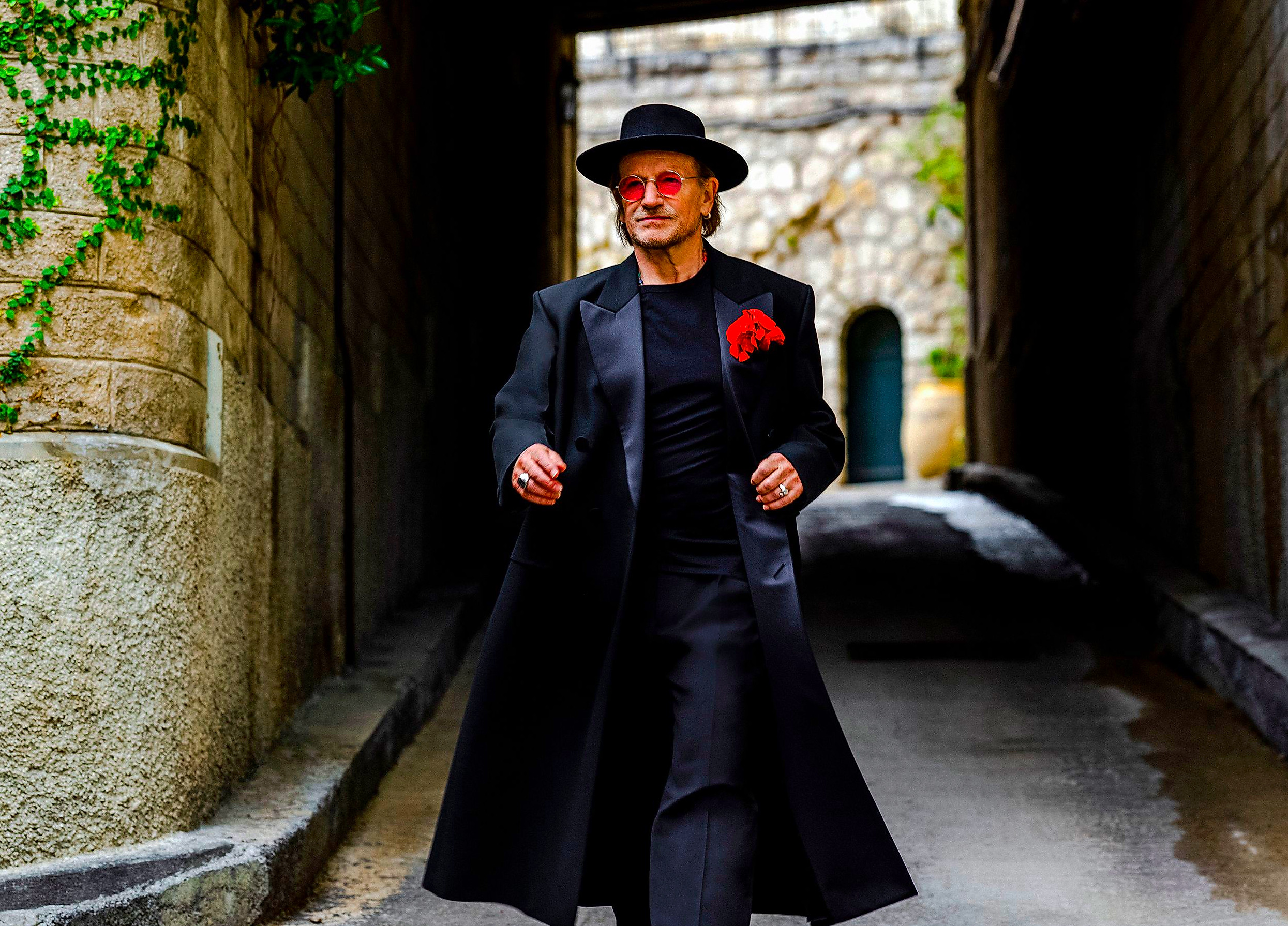
Bono’s social justice activism also stems from his complex paternal relationship. He recognizes his father’s influence on his commitment to social causes.
Bono expresses regret for not fully understanding his parents while they were alive. Reaching a place of peace carries a sense of bittersweet satisfaction.
Bono’s impact is undeniable, yet polarizing. U2’s music has resonated deeply with many, while alienating others. Their earnest approach to their art and their willingness to address sensitive social and political issues is a defining characteristic.
Their early career was marked by a period of intense religious questioning. Their commitment to Jesus Christ initially conflicted with their chosen career path. They resolved to infuse their music with meaning and purpose.
This dedication to social justice has earned both admiration and criticism. They’ve advocated for peace in Ireland, challenged injustices, and pushed international bodies to act. This earned them respect but also the ire of many.
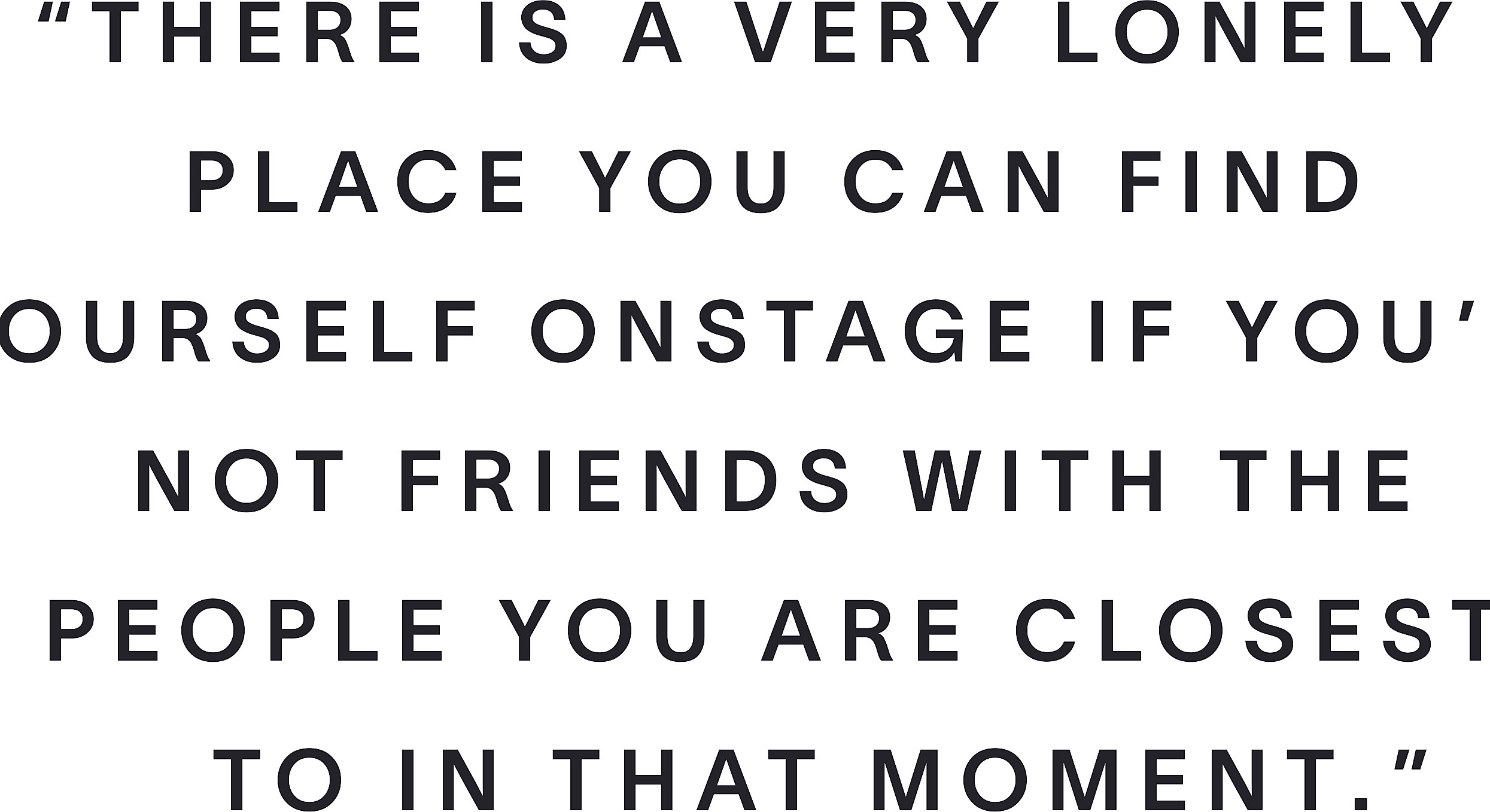
Controversies surrounding tax issues and the unforeseen negative reaction to a free album release highlight the complex relationship between the band and the public. Bono takes full responsibility for these incidents.
Jimmy Iovine, a long-time collaborator, describes Bono as honest and accountable. Bono owns the outcome of his actions.
Bono acknowledges the duality of his band’s reception. He recognizes both the love and loathing directed towards U2. He seems to embrace this complexity.
A serious health scare in 2016, requiring open-heart surgery, forced a reassessment of his priorities. The extensive recovery period was challenging. He faced respiratory issues during recovery. This ordeal unexpectedly improved his vocal abilities.
This experience fostered a deeper appreciation for life’s simpler pleasures. This was a pivotal moment for Bono.
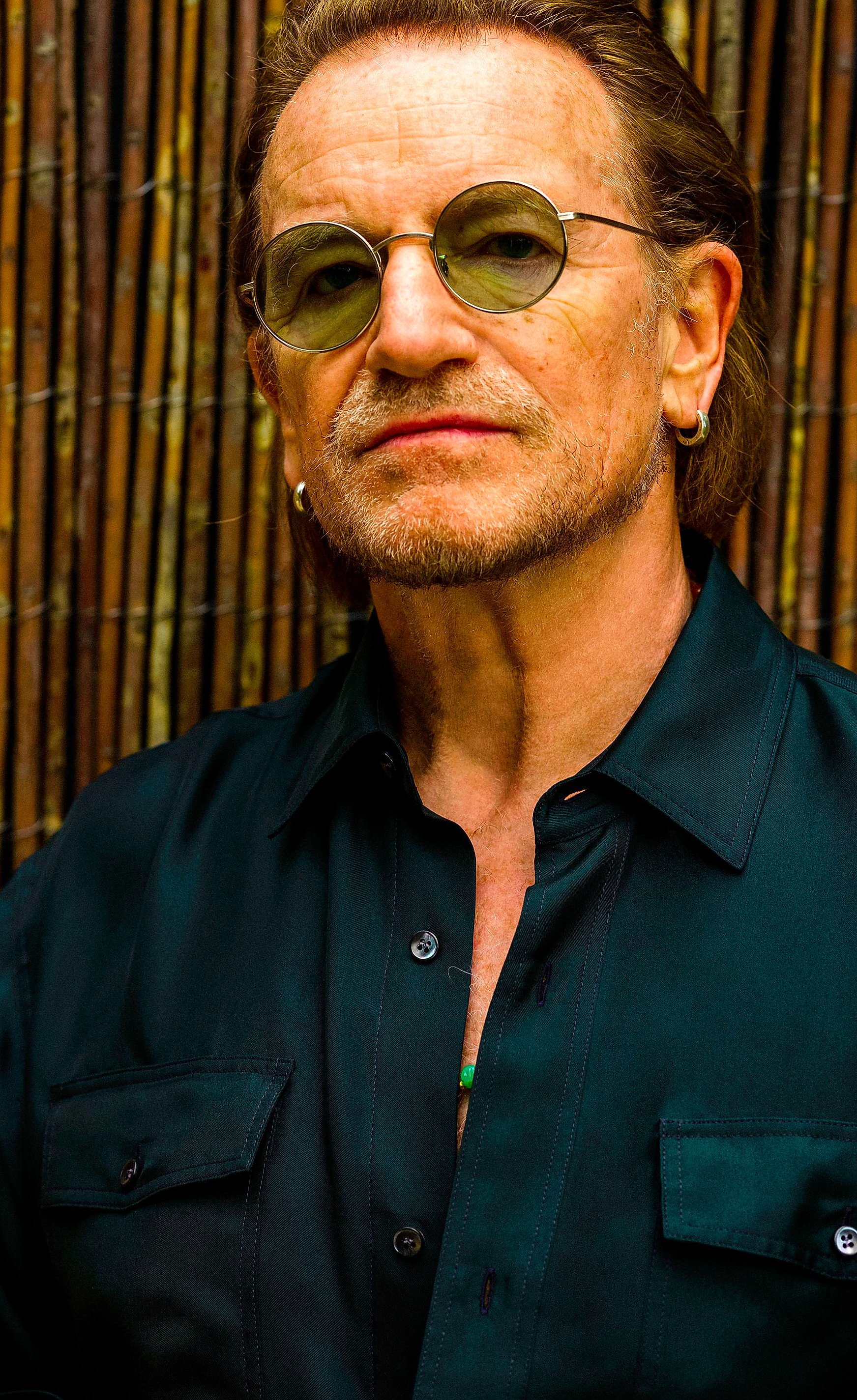
His family encouraged him to embrace a more balanced lifestyle, including relaxation activities like watching television. His children influenced his newfound interest in television series.
He also reevaluated his role in his philanthropic endeavors, ultimately stepping down from the board of (RED) and ONE. He felt it was time for younger voices to lead.
Bono’s unwavering commitment to global aid and social justice has been consistent. The significant impact of his work, even in the face of political setbacks, is remarkable.
His activism has caused conflict, but his successes cannot be denied. He has worked with both Republican and Democratic administrations, demonstrating a pragmatic approach to social justice.
The political climate has tested his convictions. He’s adapted his approach to social justice advocacy in the face of current challenges. He finds himself questioning his strategies.
Bono remains committed to globalization despite recent setbacks. He witnesses a resurgence of nationalism across the globe, undermining his long-held beliefs. He remains committed to his belief in the uniting power of globalization.
He expresses concern over current trends in the United States. He understands the sentiment against foreign aid, but he is unable to accept such cynicism.
He retains hope for a unified Europe and believes in the American people’s capacity for rational decision-making, despite current political divides.
He emphasizes the importance of preserving freedom, viewing it as essential for positive change. He contrasts this with the limited joy found in autocratic regimes.
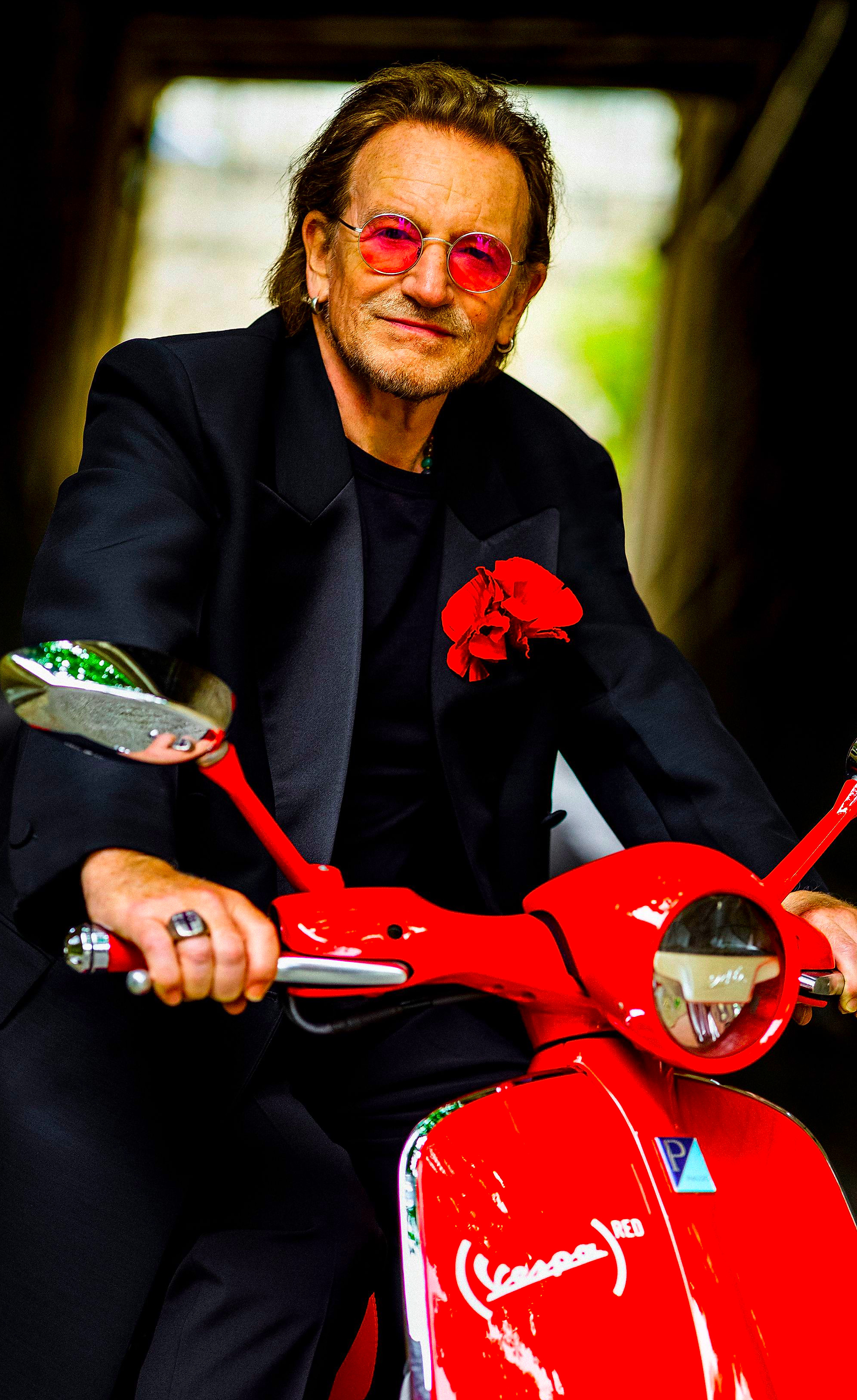
Bono’s reflections on life often delve into philosophical and religious perspectives. He connects seemingly disparate ideas, demonstrating his intellectual curiosity.
Despite his tendency to engage with larger concepts, Bono maintains self-awareness and a grounded outlook on life. He possesses a keen sense of self-awareness.
His family—wife Ali and their four children—provide essential grounding and perspective. He credits his wife with immense wisdom. Chrissie Hynde’s advice to live a long life is something he values.
Raising their children in Dublin allowed for a more balanced upbringing compared to his own experiences. They chose a less privileged educational system for their children. They favored Dublin’s more casual and less judgmental social environment.
Bono expresses pride in his children’s accomplishments and their dedication to meaningful pursuits. He observes his children’s ability to balance their personal lives and social engagements.

He credits his wife for her steadying influence. His relationship with his wife has provided stability throughout his career.
Bono’s intense drive is questioned in relation to his children’s success. He suggests that this relentless pursuit of goals might be an innate characteristic.
He mentions a new U2 song, “Freedom Is a Feeling,” reflecting his current creative direction. U2 has returned to the studio, working on new music.
Bono expresses enthusiasm for the new material, highlighting the band’s collective investment in the project. He emphasizes the need to embody the song’s message.
After years of anticipation, a new U2 album appears imminent. Bono remains committed to his artistry.
The band’s renewed creative energy is evident. They are collaborating with longtime producer Brian Eno. The new album aims to capture a sense of rawness and authenticity.
Bono emphasizes the importance of live performance, highlighting the band’s connection to their audience. The band is looking forward to future tours.
The article concludes with Bono questioning the band’s longevity and its continued relevance, demonstrating his ongoing introspection.
Image Credits:
Opening photo: Jacket by Dries Van Noten. Sunglasses and jewelry, Bono’s own.
Cover image: Coat, trousers, and pin by Ferragamo; T-shirt by Dries Van Noten; sunglasses, shoes and jewelry, Bono’s own.
